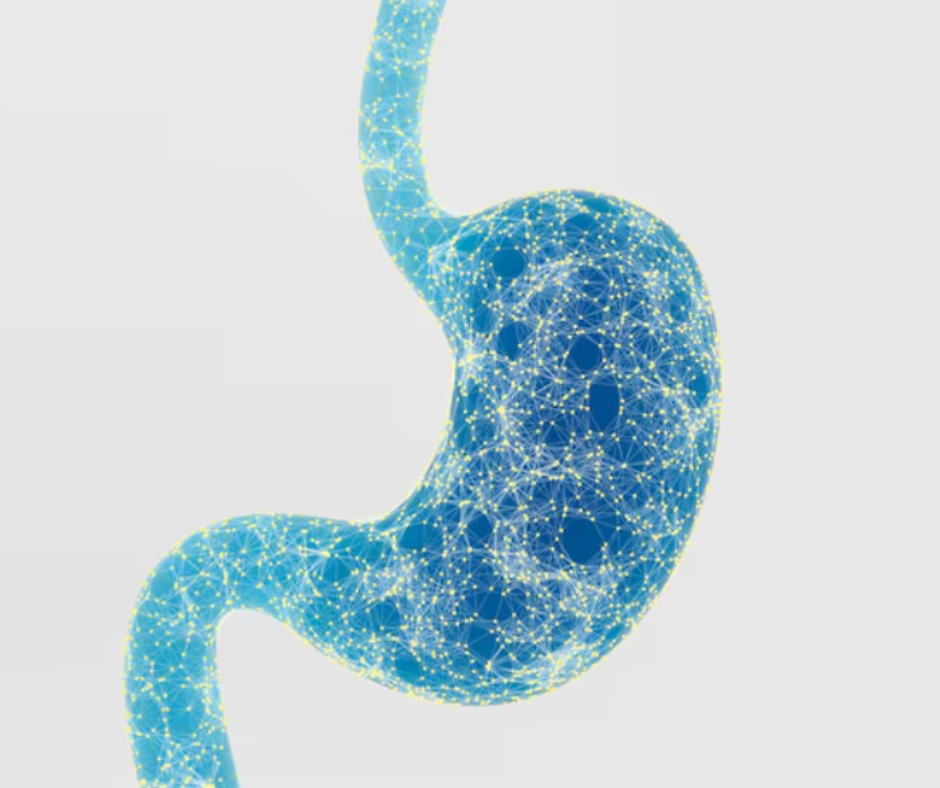Why You Should Consult a Gastroenterologist for Digestive Concerns
- livercarecenter23
- Sep 15, 2025
- 1 min read
Digestive problems are among the most common health complaints worldwide, yet many people ignore their symptoms until it’s too late. A gastroenterologist is a highly trained specialist in gastrointestinal health, equipped with expertise and tools to detect, diagnose, and treat a wide range of conditions.
Gastroenterologist’s Role in Modern Healthcare
Gastroenterologists focus exclusively on the digestive system, making them essential for treating conditions that primary care physicians may miss. They combine clinical experience with advanced procedures to ensure accurate diagnoses and effective treatment.
Conditions They Manage
Some of the most common conditions gastroenterologists treat include:
Heartburn, GERD, and acid reflux
Peptic ulcers and chronic gastritis
Colon cancer and rectal bleeding
Fatty liver disease and cirrhosis
Inflammatory bowel disease (IBD)
Pancreatic and bile duct disorders
Advanced Diagnostic Procedures
Gastroenterologists use minimally invasive techniques like endoscopies, colonoscopies, and biopsies to diagnose complex GI disorders. Their expertise allows them to spot early signs of cancer and other life-threatening diseases.
Importance of Preventive Screening
Preventive care is at the heart of gastroenterology. Routine colonoscopies, especially after age 45, help detect precancerous growths before they become deadly. Liver function tests and endoscopic exams are equally important for maintaining health.
Why Early Consultation Matters
Digestive conditions often progress silently. Early consultation with a gastroenterologist can:
Prevent complications
Improve treatment outcomes
Provide peace of mind
Save lives
ConclusionA gastroenterologist plays a vital role in keeping your digestive system healthy. Don’t ignore symptoms like persistent stomach pain or changes in bowel habits. Early detection is key to better health outcomes, and these experts are here to guide you.



Comments